India Charges Us Auto Tariffs 100%: Trump Highlights Trade Imbalance in Joint Congressional Address
Washington, D.C. | March 5, 2025
Former U.S. President and Republican frontrunner for the 2024 elections, Donald Trump, once again took aim at India’s trade policies, accusing the country of imposing exorbitant tariffs on American automobiles. Speaking during a joint session of Congress, Trump criticized what he termed as “unfair trade practices” by several nations, including India, China, the European Union, Canada, Mexico, South Korea, and Brazil.
Trump Calls Out India’s 100% Tariff on American Cars
In his address, Trump stated, “India charges the United States a 100% tariff on automobiles. That’s not fair. We don’t charge them the same. We don’t do that to them. It’s time we fix these broken trade deals and demand fair treatment for American workers.”
This is not the first time Trump has voiced his frustration with India’s tariff policies. During his previous tenure as U.S. President (2017-2021), he had repeatedly called out India for imposing high tariffs on American products, particularly Harley-Davidson motorcycles. His administration had pressured India to reduce duties on U.S. goods and rework trade policies, citing “imbalanced trade relations.”
India’s Auto Tariff Structure and U.S. Concerns
India currently imposes steep import duties on foreign-made cars to protect its domestic automobile industry. The tariff rates vary based on the size and engine capacity of vehicles:
- Completely Built Units (CBUs) attract a 100% import duty if the Cost, Insurance, and Freight (CIF) value exceeds $40,000.
- For CBUs under $40,000, the duty is 70%.
- Additionally, a customs duty of 60%-70% applies to imported vehicles in Semi-Knocked Down (SKD) form, while Completely Knocked Down (CKD) units attract a lower duty of 15%-30%.
For American automakers like Tesla and General Motors, these high tariffs have been a significant barrier to entry into the Indian market. Tesla CEO Elon Musk has long advocated for reduced tariffs, seeking policy adjustments before launching Tesla vehicles in India.
Wider Trade Disputes and Trump’s Protectionist Approach
While India was a major focus in Trump’s speech, he also listed China, the EU, Canada, Mexico, South Korea, and Brazil as countries allegedly engaging in unfair trade practices. “These nations have taken advantage of the U.S. for too long,” he said, vowing to impose reciprocal tariffs if re-elected.
Trump’s administration had previously engaged in a trade war with China and imposed tariffs on European and North American allies. His “America First” trade policies often led to diplomatic tensions but were seen as an effort to boost domestic manufacturing and protect U.S. jobs.
India-U.S. Trade Relations: A Complex Dynamic
Despite these tensions, India and the U.S. maintain strong economic ties. Bilateral trade between the two countries crossed $190 billion in 2023, making the U.S. India’s largest trading partner. However, issues such as tariffs, market access, and intellectual property rights have been persistent friction points.
During the Biden administration, there was a concerted effort to strengthen trade ties through initiatives like the Indo-Pacific Economic Framework (IPEF) and the QUAD alliance. India also removed retaliatory tariffs on several U.S. goods following negotiations.
Possible Implications if Trump Returns to Power
If Trump wins the 2024 presidential elections, experts predict a tougher stance on trade with India. He could push for:
- Reciprocal Tariffs – Raising U.S. tariffs on Indian automobile exports.
- Renegotiation of Trade Deals – A fresh push for India to reduce import duties on American products.
- Stronger “America First” Policies – Pressuring India to offer more market access to U.S. firms.
India’s Response and Future Trade Negotiations
India has yet to officially respond to Trump’s latest remarks. However, Indian trade officials have in the past defended the tariff structure, stating that it helps support domestic manufacturing under the “Make in India” initiative. India has also encouraged foreign automakers to invest in local production rather than rely on imports.
With the U.S. elections approaching, India will likely monitor Trump’s campaign rhetoric closely. If he secures a second term, trade negotiations could become a key agenda in India-U.S. diplomatic relations.
For now, Trump’s comments have once again reignited debates over global trade fairness, raising questions about how India and other nations will navigate U.S. trade policies in the future.




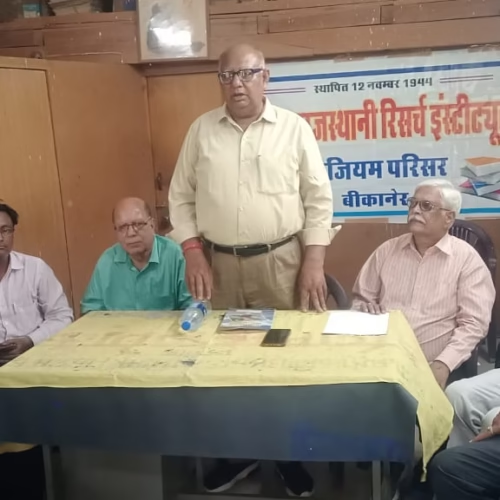

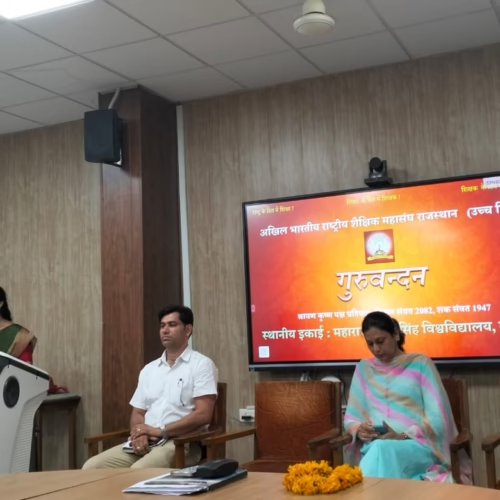
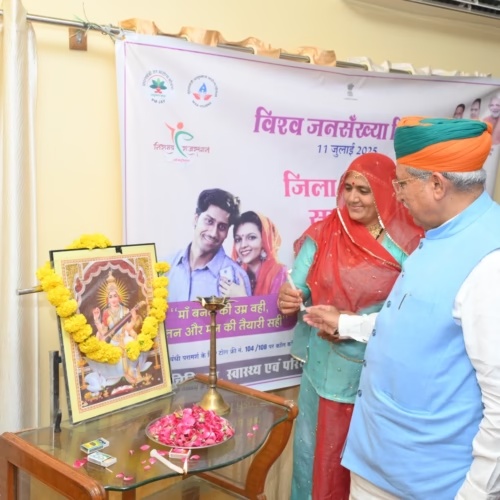
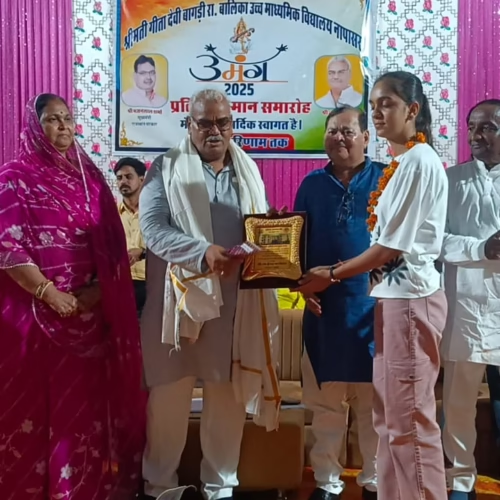
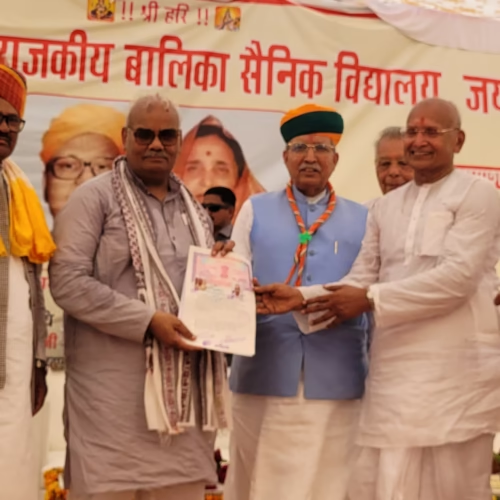


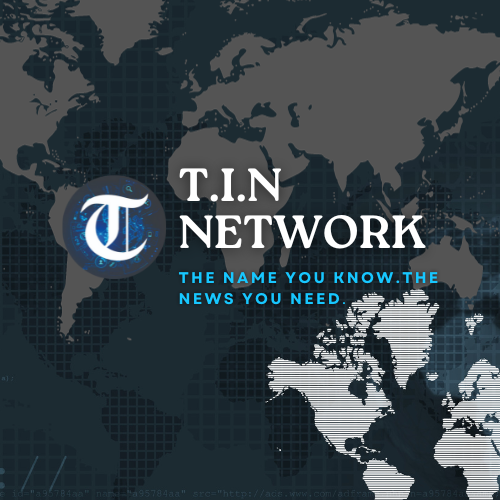





Add Comment